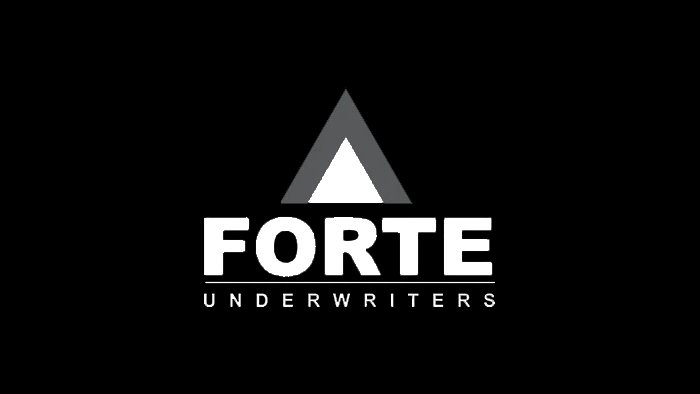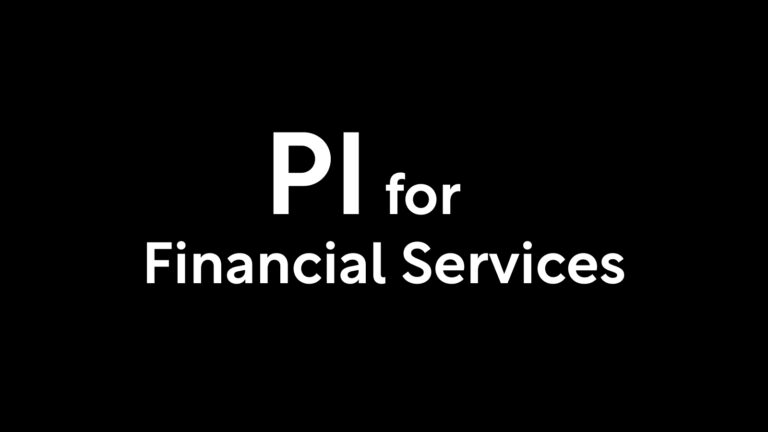The Problem
Forte Underwriters is an independent underwriting agency that specializes in providing insurance and reinsurance solutions, primarily focusing on the Latin American and Caribbean markets. They offer coverage across a wide range of risks related to natural elements such as wind, water, fire, and earth. Forte Underwriters has a specialized approach for risks like marine cargo, commercial hull insurance for various types of vessels, and coverage for specific risks in industries like construction, oil, and fine arts.
For insurance brokers and underwriters like Forte that work with complex products such as marine hull and cargo insurance, understanding how employees carry out their tasks is challenging. Underwriters and Brokers tend to require specialized knowledge to perform their work. While some risks pass easily through the system, others face delays, which could lead to losing business to competitors.
To improve the underwriting process, Forte implemented ProcessMaker as their BPA solution. This choice was ideal for modeling Forte´s complex and customized workflows involving end customers, underwriters, insurance companies, and reinsurance companies across the globe. Even though ProcessMaker manages the end-to-end process, there still remains several areas where processes are executed inconsistently, requiring multiple reviews of certain risks and the use of external tools like Excel, email, ERP, and GenAI. Forte’s CEO, John Wigg, recognized the value in gaining a complete view of the underwriting process. He wanted to be able to visualize all process variations and track where employees switch between different tools to complete tasks.
To achieve this full digital overview, Mr. Wigg implemented ProcessMaker´s Process Intelligence to map the entire process and pinpoint KPIs for the work being done and when and why they differ and create inconsistencies across the processes, see all the process variations, and identify where his employees were jumping from one tool to another to get work done. To get this full digital picture of his business, Mr. Wigg chose ProcessMaker Process Intelligence to discover the process and identify all of the key KPIs for the work being done.
The Solution
One of the unique features of ProcessMaker Process Analysis is its ability to provide a digital landscape and identify 100% of all solutions being used and their overall proportionality in the business. ProcessMaker found that Forte was using 18 business applications and revealed that half of these applications are used less than 1% of the time, potentially indicating that some systems are not needed and that application license costs could potentially be reduced.
Additionally, the Process Intelligence Digital Landscape feature clearly showed discrepancies in work hours among team members suggesting how productivity could possibly be increased by reducing repetitive tasks like manual data entry and email management. If these repetitive tasks could be eliminated, ProcessMaker’s solution showed that Forte could achieve substantial time savings. Forte also saw the need to integrate its ERP (Pivot Point) into daily workflows to further streamline processes and enhance overall efficiency.
To evaluate the effectiveness, Forte will focus on the following KPIs:
- Application Usage Rates: Monitor the frequency of each application’s use to ensure optimal software utilization.
- Formal vs. Unstructured Systems: Measure the time spent in formal business systems compared to unstructured tools like email and spreadsheets.
- Process Efficiency Metrics: Track key performance indicators, such as process throughput time, aiming to reduce contract handling time by 17 days.
- License Utilization Assessment: Analyze application usage percentages to optimize license allocation and minimize costs associated with underutilized software.
- Work Time Tracking: Examine average work hours across teams to establish productivity benchmarks and identify improvement areas.
- Task Automation Metrics: Quantify the reduction in manual tasks achieved through automation and the deployment of AI technologies, assessing their impact on overall productivity.
The Value Created
Implementing the solutions suggested by ProcessMaker Process Intelligence is expected to have a meaningful impact. The ProcessMaker solution showed how savings could be achieved by automating manual unstructured tasks to streamline workflows, reducing costs by optimizing software license usage, and minimizing swivel chairing between applications by creating API integrations between ProcessMaker and Pivot Point. Forte’s CEO has now reprioritized his project priorities based on the clear findings presented by ProcessMaker’s solution. He feels that this will significantly boost productivity. Additionally, ProcessMaker’s Process Intelligence discovered where AI tools like ChatGTP are already being used and suggested new areas where it could be implemented in a safe and effective manner.
The projected ROI from these implemented solutions is expected to be substantial, driven by several key factors:
- License Optimization: Streamlining and optimizing licenses for underused applications will yield significant cost savings.
- Reduction of Manual Tasks: Minimizing manual tasks through automation will enhance efficiency and productivity across teams.
- Effective Utilization of Applications: Implementing API integrations between ProcessMaker and Pivot Point and leveraging tools like ChatGPT will enable better resource utilization.
Areas for improvement that were discovered with ProcessMaker:
- Work Distribution: Only 5% of work is conducted within formal systems, while 95% is performed using communication tools.
- License Utilization: Data indicated that half of the 18 analyzed applications were used less than 1% of the time, reflecting possible overspend on software licenses.
- Work Hours Variability: Significant variations in work hours were observed across teams, with some members working much less than others, suggesting inconsistencies in productivity.
- Case Variants: The analysis identified 103 different case variants, underscoring the urgent need for process standardization.
- Contract Throughput Potential: There is potential for a 17-day reduction in contract throughput time through effective process optimization.
- Focus on Process Intelligence: By leveraging process intelligence, the organization can harness these insights to drive meaningful change and enhance operational efficiency.



